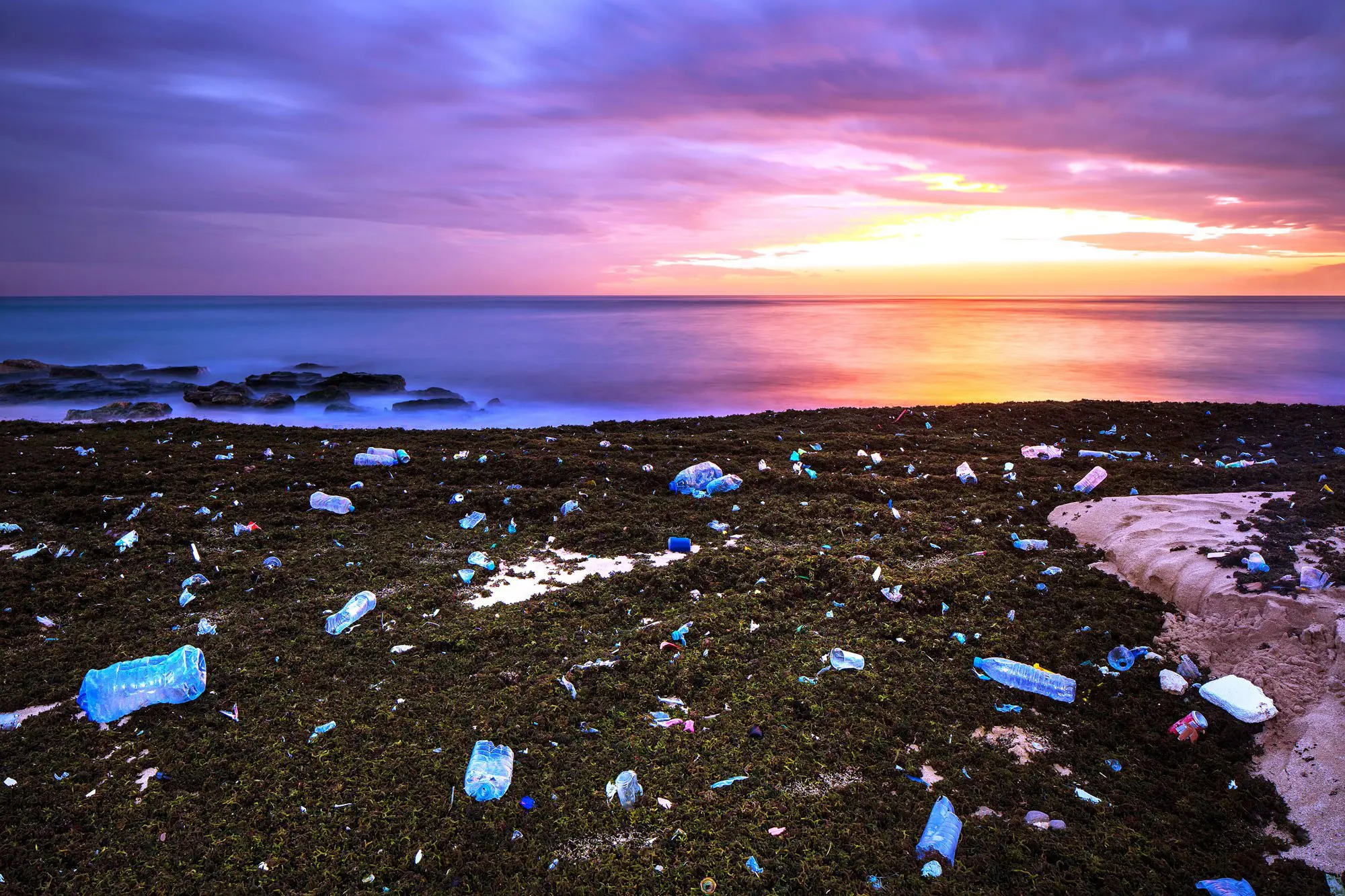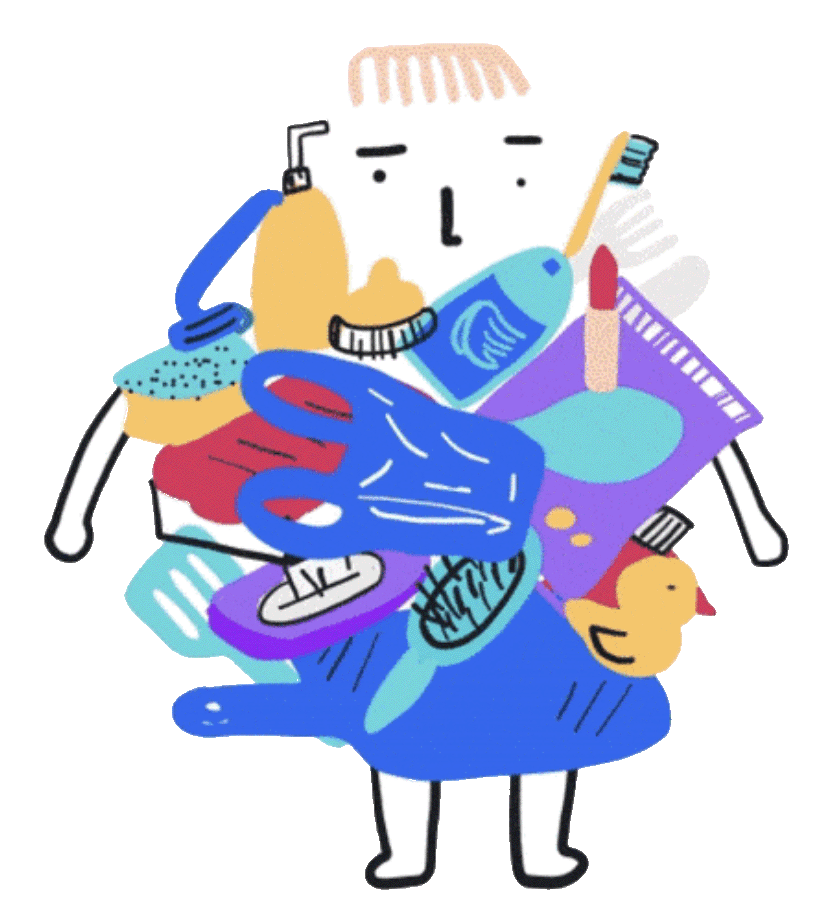These governments also have the duty to protect their inhabitants and their environment from environmental degradation. National governments’ role in the fight against plastic pollution is thus essential but limited to state territory. There is still a long way to go before governments recognize that plastic is an undesirable environmental emission and take steps to anchor that concept in a legal framework. At the moment, authorities are trying to achieve change on a voluntary basis. In the Netherlands, these voluntary actions consist of initiatives such as the Plastic Pact and other environmental covenants. Such agreements are based on formal promises, without any guarantees that the objectives as formulated will be achieved and without enforcement.
Fighting pollution at its source
Plastic garbage is everywhere in the environment. If a government wants to tackle the problem, it needs to know whether or not a proposed measure will be effective, and also to understand whether or not the measure is disproportionately expensive. Does a (legal) measure contribute to the reduction of plastic garbage in the environment? Logically, it would help to first research the most important sources of pollution. What, for example, are the ‘top ten’ plastic items found on a beach?
Individual sources need to be combatted with targeted solutions. If research shows that there are a lot of balloon remnants on the beach, then maybe it’s time to consider regulations that prohibit the mass release of balloons into the sky during events. This approach is normally well understood and supported by the general public, as there is a clear link between the rules and the results. Combatting the plague of empty plastic bottles through the introduction of a deposit system is a telling example of this kind of approach.
Sufficient instruments
The problem governments face is not that they lack instruments to fight the battle: it’s more a problem of ambition. There are a variety of tools authorities can use, like: prohibitions, taxes, rewarding good behaviour, punishing bad behaviour. But these instruments are seldom used to stop plastic from entering the environment. It appears that legal measures are taken only once it has become abundantly clear that plastic pollution cannot be countered in any other way. In Kenya, for example, plastic bags are now forbidden and citizens risk a large fine or even imprisonment if they are caught with a plastic bag.




